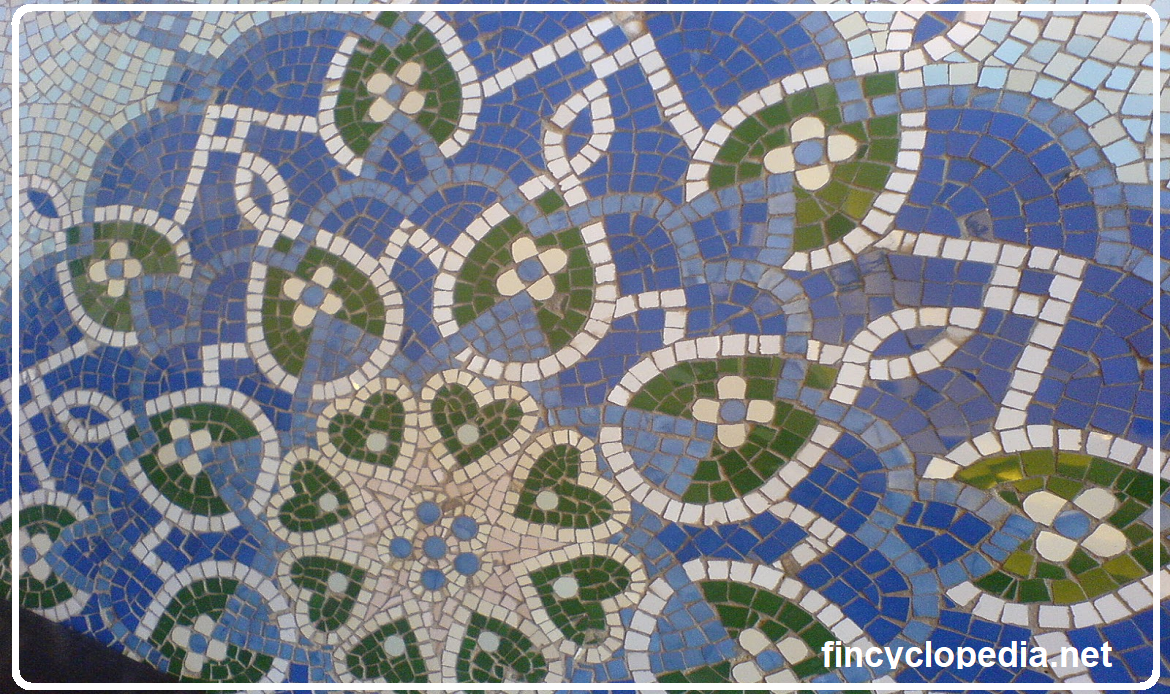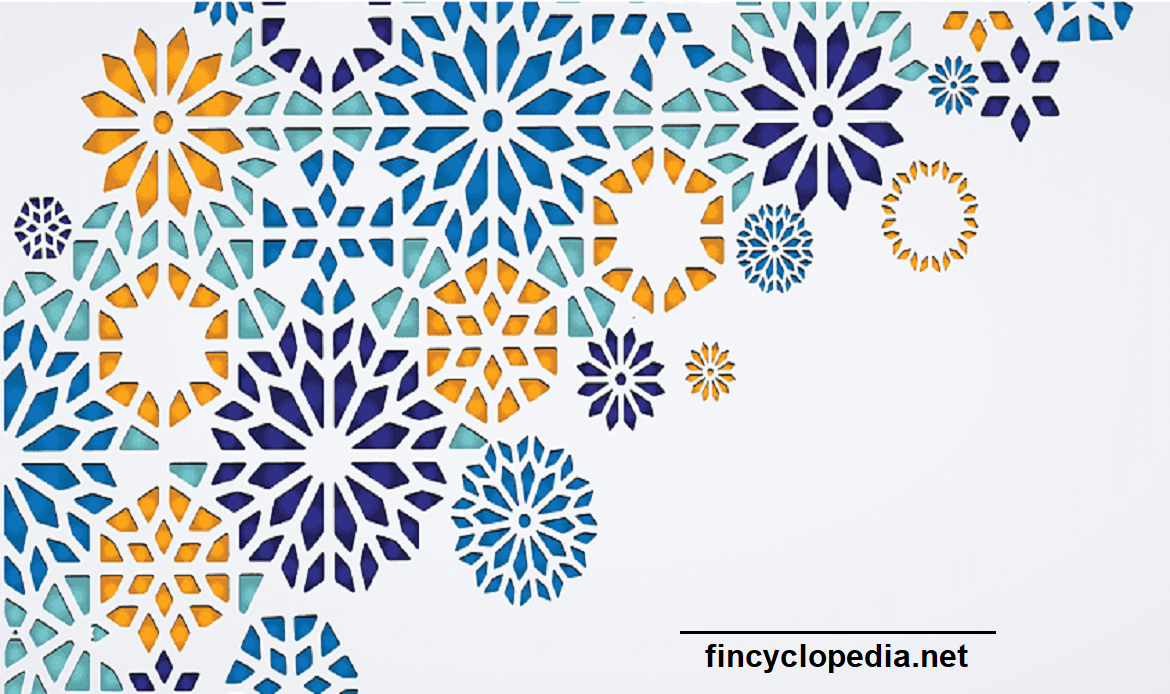Murabaha (also spelled murabahah) is a shari’a compatible mode of debt financing which involves the sale of a commodity mostly for a deferred price. The two parties to the contract are: a financier (usually an Islamic bank) and a client. In its business form, murabaha is initiated when a potential buyer orders a commodity to pay for it with a specified mark-up (profit).
The seller accepts and accordingly procures the commodity. Once the commodity is legally possessed by the seller, the buyer is asked to purchase it and takes delivery. As such, the commodity must exist at the time of contract, and must be owned by the seller at that time whether via constructive (qabd hukmi) or physical possession (qabd fe’eli). Furthermore, quality and quantity must be defined in clear-cut terms, and the exact date and method of delivery must also be specified.
Murabaha sellers have the right to request the purchase orderer to pay an amount of money as security deposit (in Arabic hamish al-jiddiyyah– هامش الجدية) to compensate against losses that may be incurred in the event that the purchase orderer breaches the promise (wa’ad– الوعد) to proceed with the transaction. Such an amount shall be used by the seller to the extent of the actual damage- i.e., it will be refunded to the purchase orderer fully or partially, depending on the difference between the actual damage and the amount of security deposit. It may be treated as part of the payment of the selling price (actual cost plus mark-up) under the murabaha contract and hence it is not refundable (in which case it is referred to as urboun or arboon– Arabic for earnest money.







